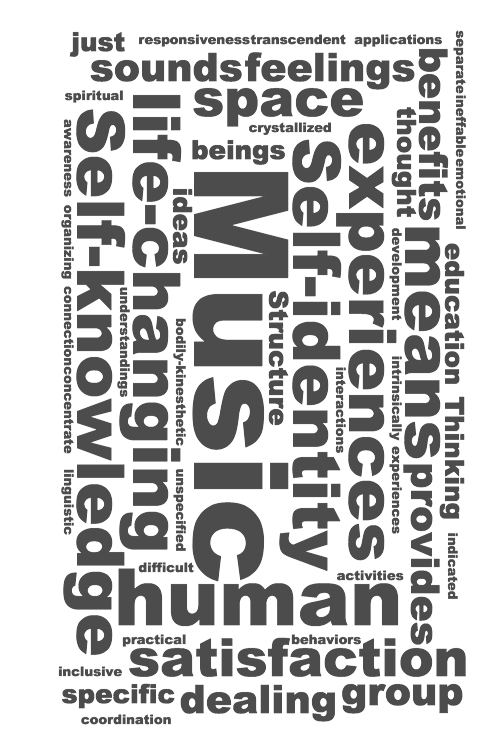The purpose of this blog is to provide useful advice for teachers and students alike, who, just like me, had to quickly adapt to the virtual world of teaching with very little preparation and time to adjust.
If you already own an external microphone, please use it for your sessions. In many cases, it can significantly improve the sound quality.
If you are using a wireless network (WiFi) and your router is on the other side of the house, you may experience moments of poor connectivity. In some instances, if you are in an area with a good cellular signal, you might be better off broadcasting from your phone or tethering your computer/tablet to your cellular data. Experiment to see what works best for you.
Please ask household members to avoid streaming movies on your network during your lessons or recitals.
Try to place the webcam at eye level with the subject. For singers, you will want to sing directly into the camera. Place a music stand under the camera if you need your music. For violinists/violists, a profile shot works best.
Please set up your primary light source so it comes from behind the camera. Too much sidelight or overhead lighting can cause weird and unflattering shadows, whereas insufficient light makes the image blurry. If the sun is shining directly into the camera, the image quality will also suffer. Please consider adjusting the light with blinds, window curtains, or choosing a different location in the house.
If you are using a backtrack/karaoke, it is sometimes better to play the karaoke backtracks on a different device from the one you are broadcasting from. If you are using a newer model laptop or iPad, there is usually no problem streaming with the same device. If you are using Zoom, please choose the option to share with computer audio.
I hope you find these tips useful. Online lessons offer the opportunity to connect with people from around the world. It is a new and exciting world that I am just beginning to discover.
